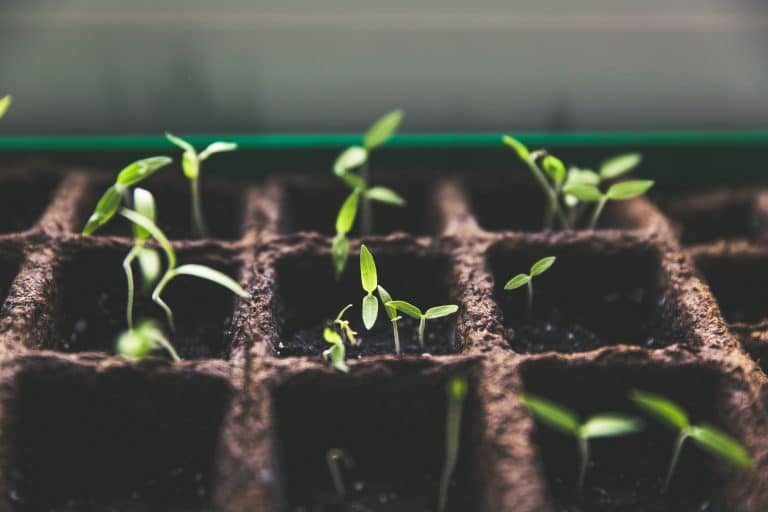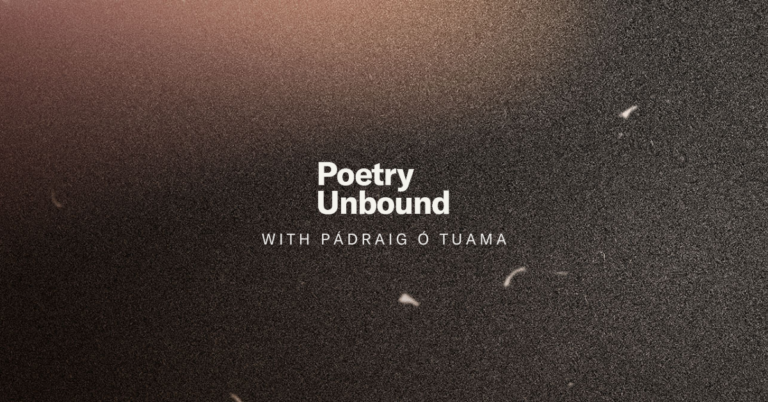
Image by Markus Spiske/Unsplash, Public Domain Dedication (CC0).
In Times of Despair, Keep Planting
We would be excused if we thought we were living in the End of Days. We are seeing the planet heat up at an unprecedented level. Millions of human beings are displaced and made into refugees. We have a school shooting on an almost-daily basis. Our government is dysfunctional. Our president has been accused of sexual assault by over 20 women and mocks African Americans, poor people, women, Muslims, refugees, Hispanics, and others on a regular basis. Women are sexually assaulted on college campuses and in the work place. Weapons seem to circulate the world easier than food and medicine do. Whether it is Buddhist leaders condoning ethnic cleansing in Myanmar or Christian leaders in America arguing that Jesus has nothing to say about helping the poor, too many of our religious leaders seem to have abdicated the responsibility to have our faith traditions be genuine forces for good.
In times like these, it is more important than ever to ground ourselves in the depth of our faith traditions. It is all the more urgent to remember that there is a better way — that we are not doomed to live in a starless night.
I turn back into the heart of our faith traditions, searching for hope. And hope is there to be found, in great abundance. This is not mere optimism. This is not about how we see, what we see. No, it’s about something more rooted in faith: It’s about hope.
“Go back to your fortresses, o ye prisoners of hope.”
This prophetic message in the Bible is also taught by the Prophet Muhammad in a memorable statement.
“If the Hour of Resurrection comes up, and one of you is holding a sapling, finish planting it.”
It is an amazing saying. If the End of Days is upon you, still, finish planting. Go ahead with the act, even if it — and you — will not survive to fruition.
How powerful this is for us. We are so often tied to the results of our work, the fruits of our labor. What Muhammad offers us is a prophetic quality of hope; faith is hope in the unseen.
Even more, there is something about a righteous deed that is virtuous in itself: It is faith in the loveliness of a simple act of kindness — apart from whether it will be reciprocated, whether we will live long enough to see its fruits. Acts of beauty are redemptive in and of themselves. So let us, friends, keep planting.
Yes, there are days that it seems like the world around us is coming to an end. It may — or it may not. But let us keep planting. Let us have hope that the accumulation of our collective planting may save this small planet, and our own souls.
It is not merely the fruit of these collective saplings that will save this world; it is the hope, the faith, and the stubborn clinging to the good of us planters that will save our own soul, and save this small, wounded, beautiful home. As Alexander Hamilton says (in a very different context) in Hamilton: The Musical: “We know who’s really doing the planting.”
Let us be the ones who plant on the most ordinary of days — even ones that feel like the End of Days.

